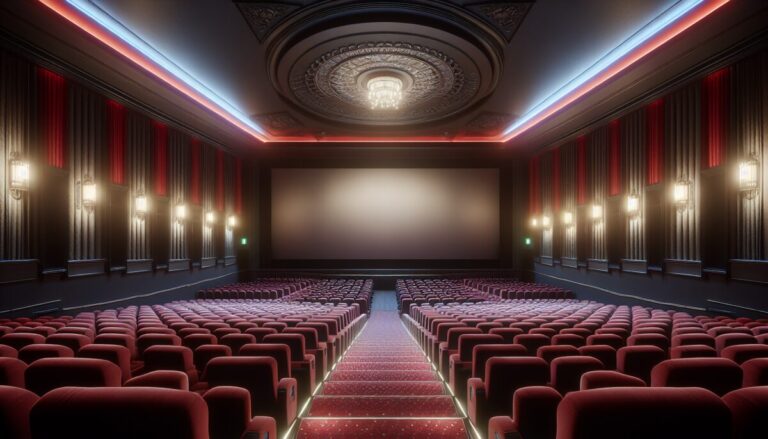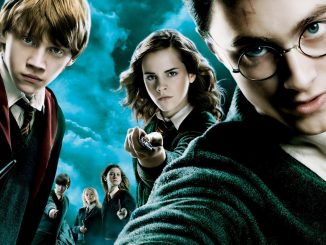A deep dive into the evolution and impact of horror movies on audiences

Topics covered
Horror cinema has long held a unique place in the hearts of moviegoers, captivating audiences with its ability to evoke fear, suspense, and thrill. From the early days of silent films to the modern era of psychological thrillers, the genre has evolved significantly, reflecting societal fears and cultural shifts.
This article delves into the fascinating evolution of horror films, their impact on audiences, and the reasons behind their enduring popularity.
The evolution of horror films
The roots of horror cinema can be traced back to the late 19th century, with Georges Méliès’s The House of the Devil marking a significant milestone in 1896.
As the genre developed, it began to explore various themes, from supernatural entities to psychological terror. The 1930s and 1940s saw the emergence of iconic monsters, such as Dracula and Frankenstein, which became cultural touchstones. These films not only entertained but also provided commentary on societal anxieties, such as the fear of the unknown and the consequences of unchecked ambition.
In the 1970s and 1980s, horror films underwent a transformation with the rise of slasher films, characterized by their graphic violence and often formulaic plots. Movies like Halloween and Friday the 13th introduced audiences to a new breed of villain, the masked killer, who became a staple of the genre. This era also saw the emergence of psychological horror, with films like The Shining and Rosemary’s Baby exploring the darker aspects of the human psyche.
The impact of horror on audiences
Horror films have a profound impact on audiences, often eliciting strong emotional responses. The thrill of fear can be exhilarating, providing a safe space for viewers to confront their anxieties and explore the darker aspects of human nature. This cathartic experience allows audiences to engage with their fears in a controlled environment, making horror a unique form of entertainment.
Moreover, horror films often serve as a reflection of societal issues. For instance, the rise of zombie films in the wake of economic downturns can be seen as a commentary on consumerism and societal collapse. Films like Night of the Living Dead and 28 Days Later tap into collective fears about survival and the breakdown of social order, resonating with audiences on a deeper level.
The future of horror cinema
As we move further into the 21st century, horror cinema continues to evolve, embracing new technologies and storytelling techniques. The advent of streaming platforms has allowed for a resurgence of independent horror films, giving voice to diverse creators and innovative narratives. Films like Get Out and Hereditary have pushed the boundaries of the genre, blending horror with social commentary and psychological depth.
Looking ahead, the future of horror cinema appears bright. With audiences increasingly seeking out unique and thought-provoking narratives, the genre is poised to continue its evolution. As filmmakers explore new themes and experiment with storytelling techniques, horror will undoubtedly remain a vital and captivating part of the cinematic landscape.





Leave a Reply